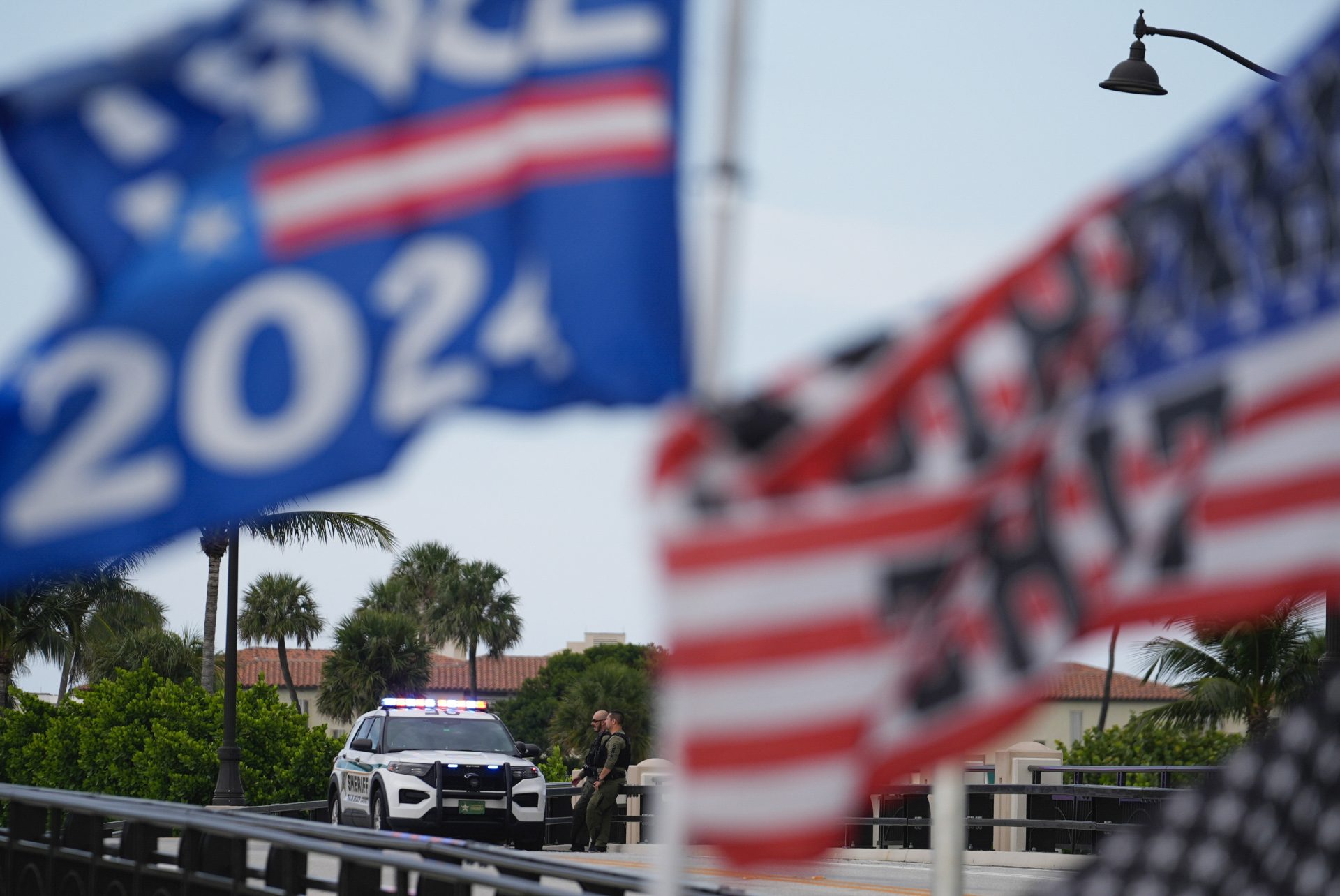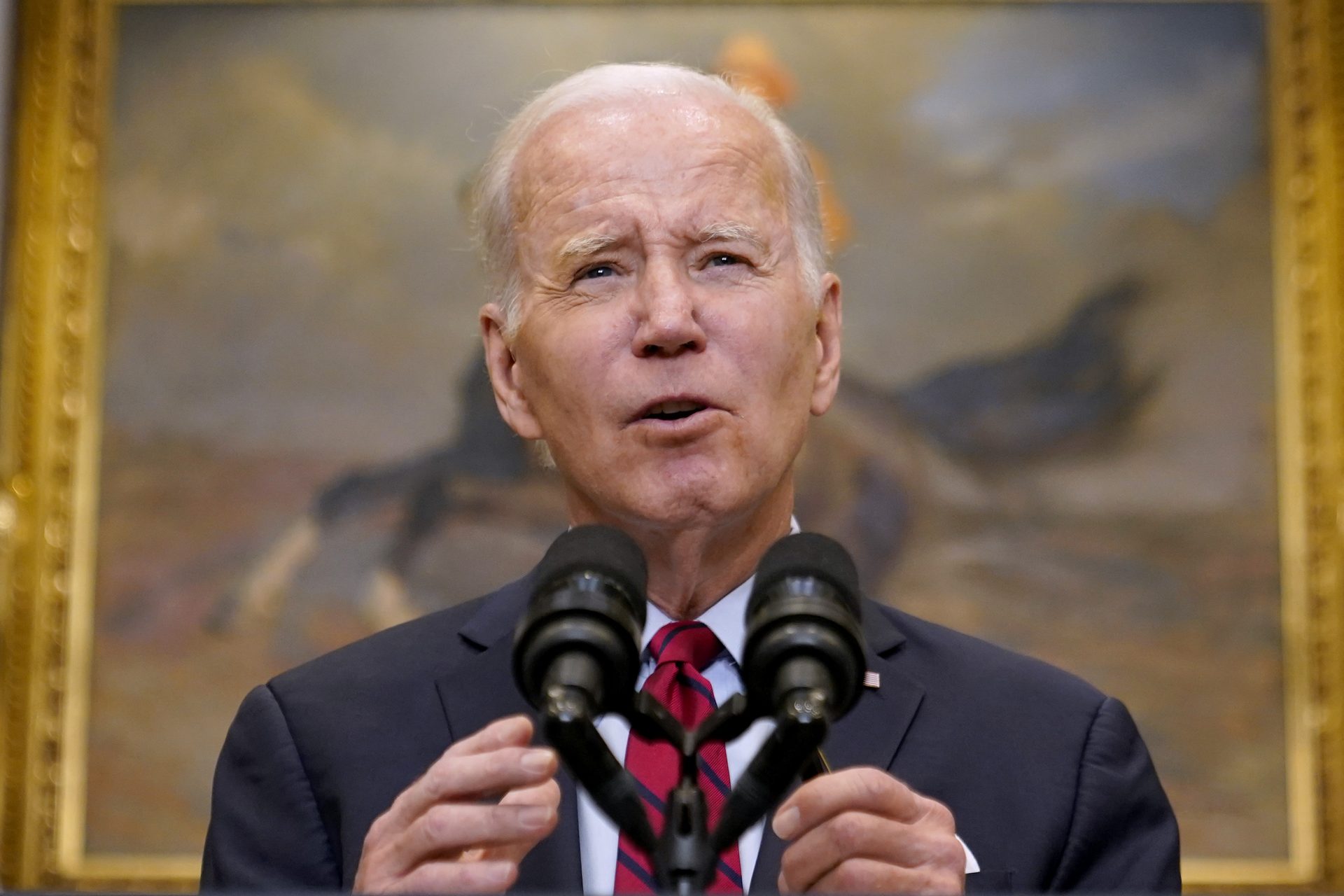My name is Michelle Serrano, and I am the co-director of Voces Unidas RGV, an organization with a mission to inspire deep connection to communities and the land.
Our work is rooted in art and healing practice, designed to nourish deep relationships, geared to promote civic engagement, and focused on cultivation of alternative systems of support and education for residents of the Rio Grande Valley.
I am also a proud certified member of the Lower Rio Grande Valley Texas Master Naturalists program, a program sponsored by the Texas Parks and Wildlife Department to promote community science and protect wild spaces.
This morning, local residents of Cameron County were once again reminded that their access to the beach is limited, as private industrial space manufacturing once again ordered the closure of Boca Chica Beach in its entirety. The loss of such access is monumentally unjust to the people who have for generations come to this area to partake in recreational activity. These activities were established by our parents and our parents’ parents, borne upon the coastal maritime traditions of fishing, shrimping and oyster harvesting, which supported immigrant communities and established cultural traditions for the people of the RGV.
Many of us can attest to the stories of our abuelas referencing how the “family survived” hard times during wars or racial segregation through the bounty of the ocean. The beach, an access point the locals soon dubbed “The Poor People’s Beach,” due to its patronage, is not just an environmental bedrock to science, but a cultural touchstone to our communities. I myself, a first generation American, can attest to the stories. I have my first memories of childhood in Boca Chica and can recall the wonder of first loves. I remember my own personal experiences in this magical area, and share with you that the beach struck a sense of wonder in me regarding the wildlife of the area, inspiring me to take steps to be here where I am today, speaking to you all.
Boca Chica Beach is found at the southernmost tip of the Laguna Madre, one of six hyper-saline lagoons found around the world. The 43 acres in question, South Bay and Boca Chica Bay, are the extension of the Laguna Madre, playing an important role in biome maintenance of coastal estuary species unlike anywhere else in this country, as it is an intercontinental migratory corridor that has existed for thousands of years. The natural history of the land also upholds the lifeways of the Carrizo Comecrudo Tribe of Texas, who rely on this specific area for lifeway and ceremonial purposes.
The 477 acres offered in exchange, are an entirely different biome, comprising inaccessible Tamaulipan thorn forests and lomas that do not offer equal access to the resources (nutritional, educational, cost) our low-income communities have enjoyed for generations. Quality-of-life resources like Boca Chica do are priceless to us and we ask that they remain accessible.
I wonder if the board members for Texas Parks and Wildlife understand the social and natural history of this location as well as we, the public they have promised to serve, do. Surely public servants such as Jeffery D. Hildebrand, who said, and I quote, “I am committed to moving this process forward and completing the transaction,” are not planning to ignore the calls of the public on what a terrible idea this is? What good is a public servant who does not heed the public call and instead caters to private industry – when Texas is already 95 percent privately owned? Does Mr. Hildebrand really think that eroding access to green spaces like Boca Chica Beach is fair, when 85 percent of people in the RGV do not have easy access to green spaces? Would Mr. Hildebrand agree that the cooling touch of the Gulf of Mexico’s waters on his family on a hot summer day makes a better recreational resource than the blistering heat of a sub-saharan prairie? News flash, people die making that kind of trek everyday down here as they make their own migratory journeys through the region.
I just want to remark on the enormous privilege the TPWD board members have and remind them that denying this resource to low-income people of color reinforces powerful racist tropes in Texas history which have denied, marginalized, and kept separate, resources of abundance to Latine people for generations. We ask the board to carefully consider the perceptions of such a trade and serve the public, not private industry.
Editor’s Note: The above guest column was penned by Michelle Serrano, co-director of Voces Unidas RGV. The mission of this nonprofit is to inspire a deep connection between South Texas communities and the land. The column appears in The Rio Grande Guardian International News Service with the permission of the author. Serrano can be reached by email via: michelle@vocesunidasrgv.org.
The post Serrano: Exchanging beach access for inaccessible Tamaulipan thornscrub is not a fair swap appeared first on Rio Grande Guardian.
 (2).png)
 6 months ago
152
6 months ago
152









 English (US)
English (US)